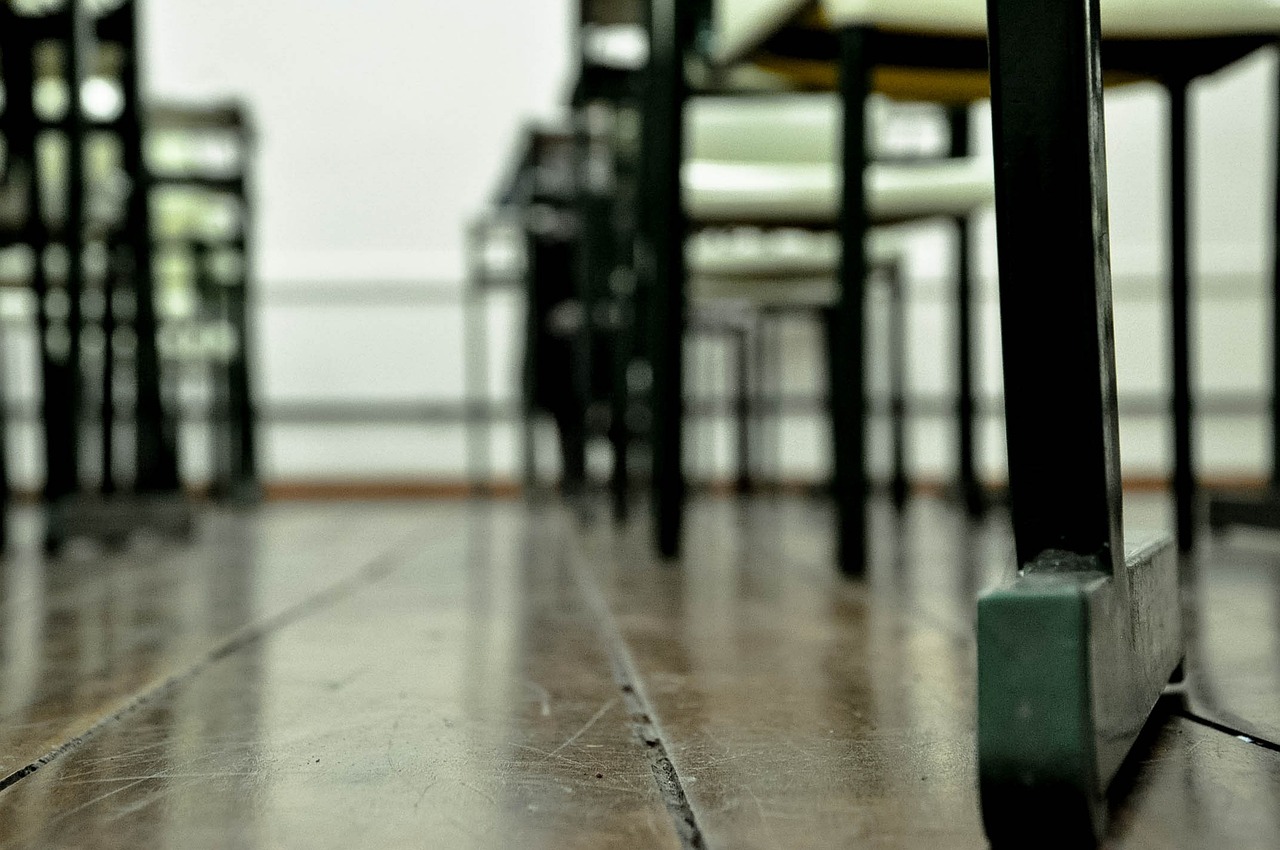Lockdowns and school closures during the COVID-19 pandemic unnecessarily put the lives of many children at risk. Despite knowing early on that children were at extremely low risk, radical measures were taken – with disastrous consequences for their mental health. While politicians invoked “protecting society”, the dramatic side effects were ignored or downplayed.
To this day, no government has officially apologised for these serious mistakes. There has been no serious investigation, nor have those responsible been held accountable. But who really initiated these measures? The responsibility lay with national governments, health authorities and advisory bodies, often relying on advice from the WHO, the RKI (in Germany), the CDC (in the US) and other international health organisations.
While large corporations and pharmaceutical companies have made huge profits from the crisis, children and young people have had to bear the brunt of the psychological toll.
An article in the Daily Mail highlights the dramatic impact of COVID-19 and school closures on the mental health of children and young people. New data shows that the number of suicide attempts among minors has risen rapidly during this period. What is particularly alarming is that many of these cases involve young children who had not previously shown any signs of mental health problems.
The sharp rise in the number of people under 18 who attempted to kill or seriously harm themselves in a single year, from more than 20,000 (20,428) to more than 25,000 (25,515), also marked the highest figures since comparable records began in 2000.
The latest NHS figures (up to the end of 2022) show that the rate of probable mental health problems among 17- to 19-year-olds has almost tripled between 2017 and 2022, rising from 10 per cent to 26 per cent of the age group.
Separate figures from NHS England Digital on admissions to emergency departments for self-harm in children show that numbers rose by a massive 55 per cent in the first year of school closures;
Experts see social isolation, insecurity and lack of access to support systems such as teachers, school psychologists and sports facilities as the main causes. Children have been deprived of their normal developmental environment, leading to profound psychological distress. Increased use of social media and increased exposure to negative news during lockdown may have exacerbated these effects.
Critics accuse governments of completely underestimating the psychological damage caused by lockdowns. While public health measures have been prioritised, the long-term consequences for children have been ignored. Calls for an independent review of the measures are growing louder, especially with a view to future crises, to prevent similar mistakes.
Another point of criticism: school closures were imposed despite the low risk of infection for children, while many other social areas, such as retail stores and bars, remained open for longer. This has led to a disproportionate burden on young people, whose well-being appears not to have been sufficiently taken into account in policy decisions.
Experts are now calling for future measures to take children’s mental health more seriously, and for contingency plans to be drawn up so that schools are the last to close, not the first.
Source:
https://www.dailymail.co.uk/news/article-14350613/lockdown-school-closures-spike-attempted-child-suicides.html
https://uncutnews.ch/schockierende-zahlen-zeigen-dass-die-zahl-der-selbstmordversuche-von-kindern-im-jahr-nach-dem-lockdown-der-schulen-dramatisch-angestiegen-ist/
Image: Pixabay.com




